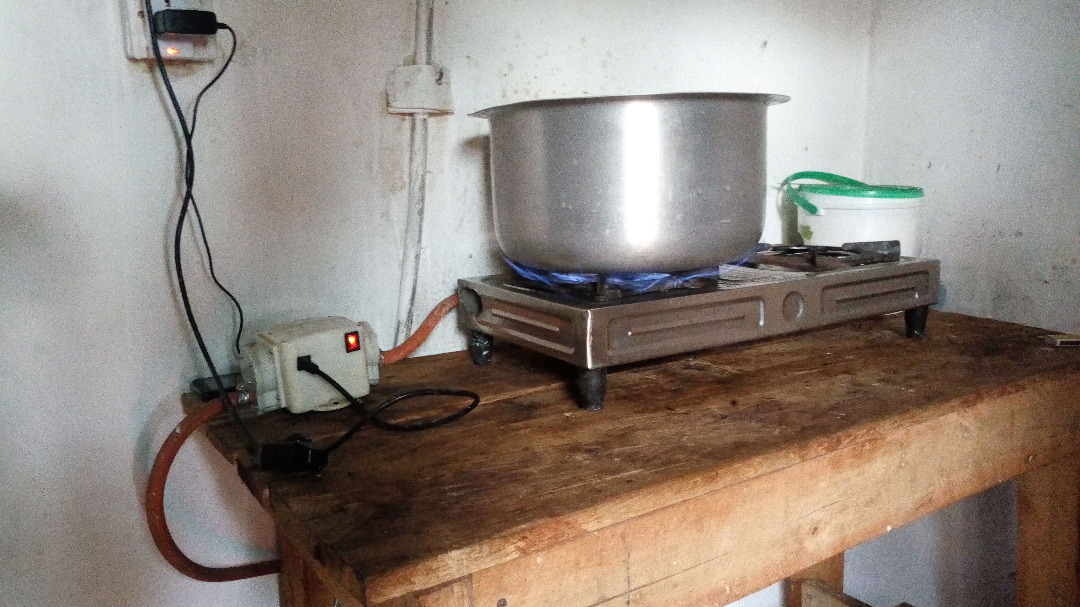What is biogas?
Biogas is an environmentally-friendly, renewable energy source produced by the breakdown of organic matter such as food scraps and animal waste.
How is biogas produced?
Biogas a renewable fuel that’s produced when organic matter, such as food or animal waste, is broken down by microorganisms in the absence of oxygen. This process is called anaerobic digestion. For this to take place, the waste material needs to be enclosed in an environment where there is no oxygen.
Biogas can occur naturally or as part of an industrial process to intentionally create it as a fuel.
Why is biogas beneficial as an energy source?
The biological matter that’s used to produce biogas will naturally decay anyway, so capturing the gases produced by this decay, and using them as an energy source, causes less harm to the environment than allowing them to escape into the atmosphere.
The process of producing biogas is also largely cyclical and fits into an overall sustainable cycle of managing agricultural waste. For example, animal waste produced on a farm can be used to produce biogas, which can then be used to fuel the farm machinery.




